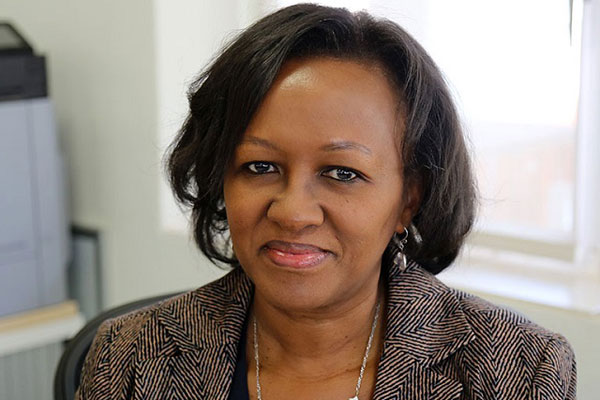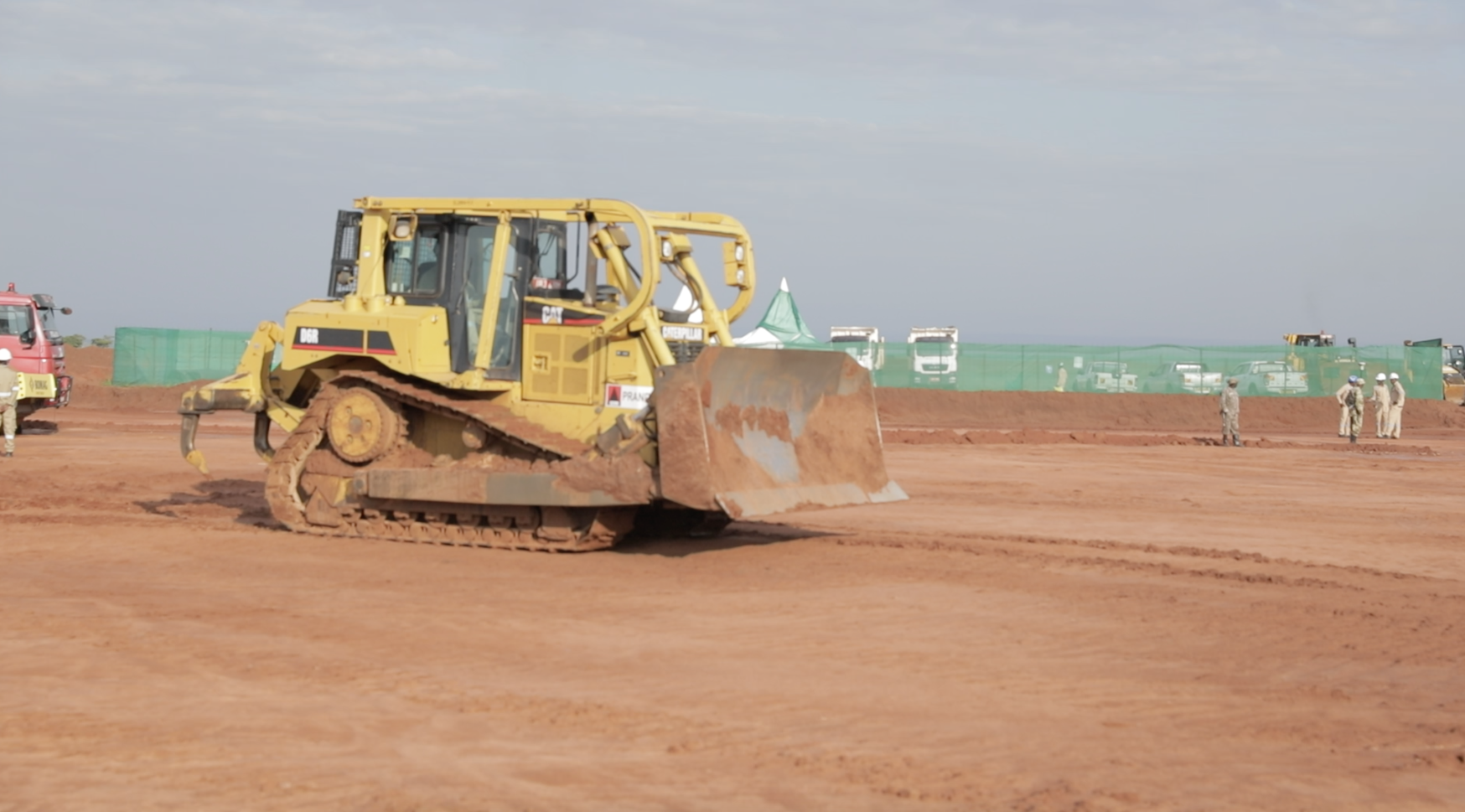World Bank tasks govt on oil and gas training sustainability

Ms Rosemary Mukami Kariuki, World Bank country manager
What you need to know:
- Ms Azizah Nabitalo, the Ministry of Finance representative, said a repeat of such delays will not be tolerated, and that the government will not provide extra funding should the remaining activities not be completed in time.
A $34m (Shs128b) project by the World Bank aimed at skilling a competent oil and gas workforce at the Uganda Petroleum Institute, Kigumba (UPIK), is due to end in December, with calls for the government to ensure sustainability of what has been achieved.
The Skills Access and Upgrading component implemented by the Ministry of Education and Sports aimed at setting up infrastructure, procurement of training equipment, training trainers, offering scholarships to students and securing international accreditation for the institute.
Previously, such specialised training was accessible abroad.
The component is part of the wider Albertine Region Sustainable Project that started in 2014. The other components - Regional Access and Connectivity and Local Access, Planning and Development worth $126m (Shs473b), were implemented by the Uganda National Roads Authority (Unra) and Ministry of Lands respectively.
During an audit tour of the institute in Kiryandongo District by World Bank and Ministry of Finance officials on Monday, Ms Rosemary Mukami Kariuki, the World Bank country manager, tasked government and institute administrators to come up with ways of sustaining what has been established.
“Sustainability is something we would like to see emphasised…What we are interested in is to see the extent these institutes can broaden their reach beyond the initial expected student body, clients and industries that will benefit from the skills from this institute. I would advise we broaden our scope in terms of the people we train and market the institution, as well as working with the private sector to bolster the institution,” Ms Karuiki said.
Mr Stephen Ajalu, the World Bank task team leader, said: “The need for a maintenance plan, I do not know if we have one in place. It will not be good for us to complete this project, especially for this institution, without a maintenance plan.”
The UPIK was established by government in 2010 specifically to train oil and gas artisans and technicians in preparation for the nascent petroleum industry that experts have said will open up thousands of jobs.
It offers training in upstream and downstream operations, mechanical, electrical and instrumentation maintenance.
Ms Agnes Arach, a component coordinator at the institute, indicated in her accountability report that they have put in place five workshops, 1.2km access roads, a gate, supplied training and ICT equipment and furniture.
Ms Arach also boasted of successfully developing a curriculum and securing international accreditation for the institute.
The team now has just four months to complete a multipurpose hall currently at 68 percent progress, as well as training more than 500 students before the project elapses.
Ms Arach also reported that 647 students have benefited from the project scholarships. At least 480 of those have since completed their diplomas, and 27 percent have gone on to gain employment in different fields.
On March 9, 24 instructors were sent to France for further training. These have been bonded by the institute to pass on the acquired skills as a sustainability measure.
“We know the infrastructure and equipment are supposed to be maintained and repaired, so for sustainability purposes, we are going to come up with a sustainability plan and it will help the ministry and institution to ensure proper maintenance,” she added.
The project that commenced in 2014, was to last five years but was extended three times.
This, according to the officials, caused a loss of $2m (Shs7.5b). “We have adjusted our implementation to cover for the loss so that we do not leave any of the activities undone,” Ms Arach explained.
Ms Azizah Nabitalo, the Ministry of Finance representative, said a repeat of such delays will not be tolerated, and that the government will not provide extra funding should the remaining activities not be completed in time.
The institute principal, Mr Bernad Ongodia, said the demand for students they have trained has since gone up since the signing of the Final Investment Decision (FID) in February.
The signing of the FID marked the beginning of the busiest period in the sector, with projects such as the construction of the East African Crude Oil Pipeline, kicking off.
Mr Ongodia is, however, concerned that the budgetary constraints that saw a fall from Shs8b to Shs2.5b could impede the smooth running of the institute, and appealed to the government to ensure continued financing of the institution.




